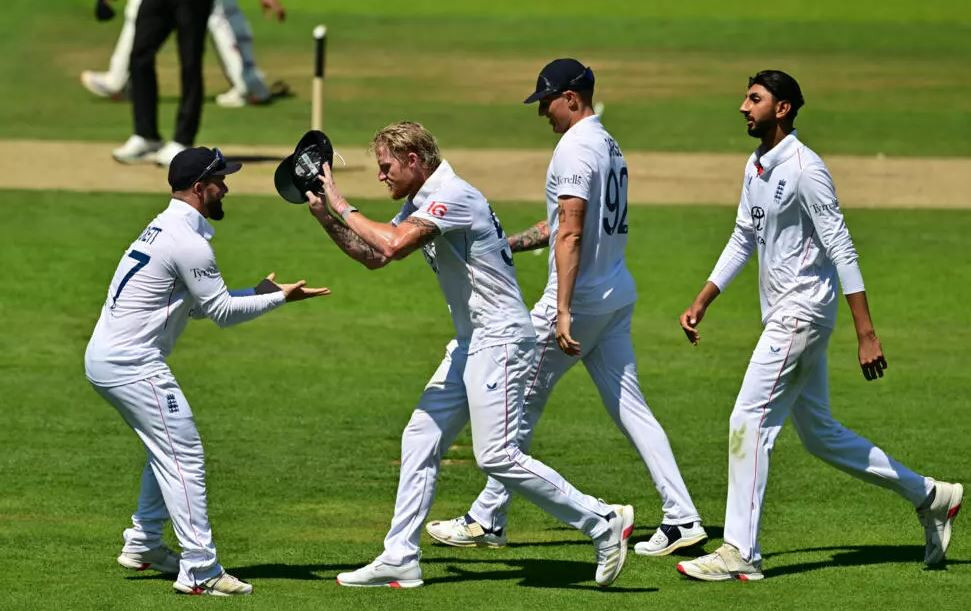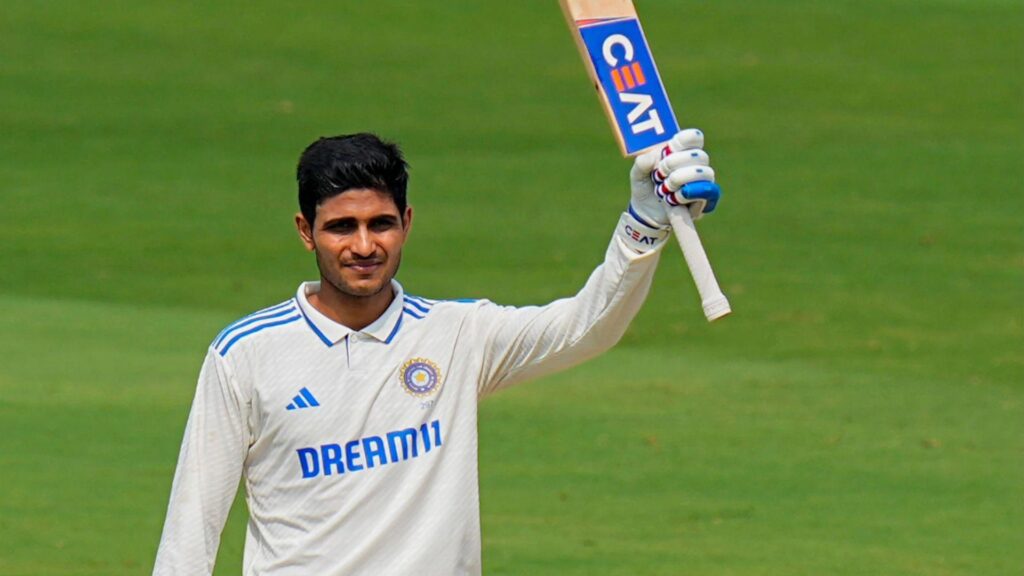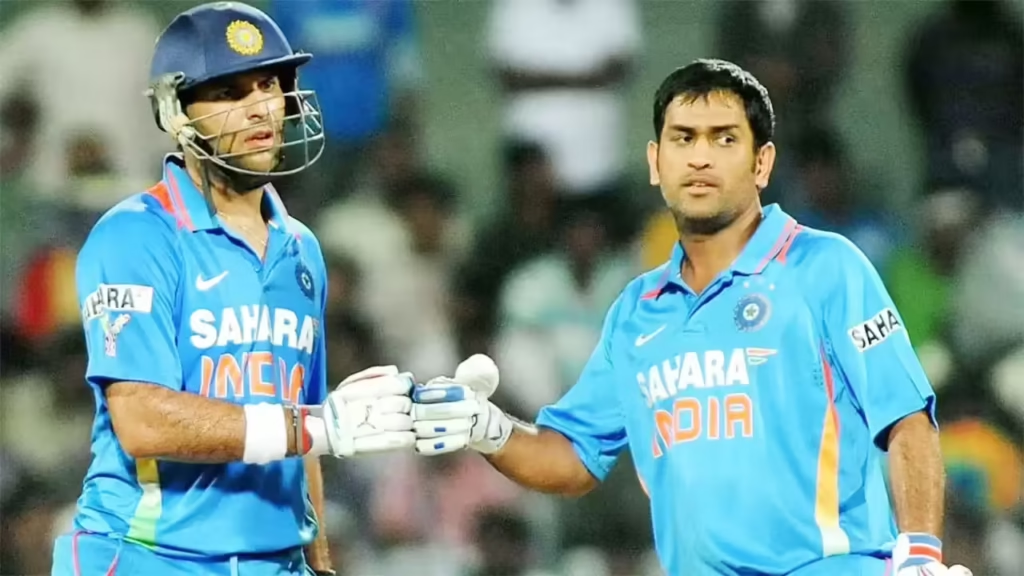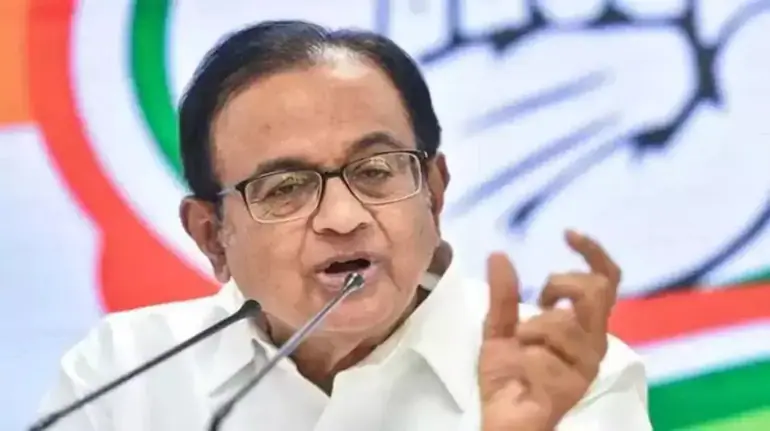Now Reading: Tensions Flare as India Declines Handshake with England After Heated Manchester Test Finale
-
01
Tensions Flare as India Declines Handshake with England After Heated Manchester Test Finale
Tensions Flare as India Declines Handshake with England After Heated Manchester Test Finale

The recently concluded Manchester Test between India and England ended not just with dramatic cricket, but also with clear signs of tension. After the final day’s play, Indian players reportedly declined the traditional post-match handshake, following a disagreement involving England captain Ben Stokes and India’s Ravindra Jadeja. The moment, caught on camera and widely discussed, raised questions about sportsmanship, competitive heat, and the unwritten rules of cricket conduct.
What Sparked the Discomfort
According to reports, England’s Ben Stokes offered to call off the match at one stage — a gesture that came in light of India’s strong position on the final day. However, Indian players viewed the offer as unnecessary and possibly disruptive to their momentum.
Later, as the game reached its end, the usual handshakes between teams were visibly skipped by several Indian players, signalling unresolved tension. What made headlines was a brief verbal exchange between Jadeja and England’s Zak Crawley, suggesting on-field disagreement had spilled over post-match.
Jadeja vs Crawley: Words on the Field
The argument between Ravindra Jadeja and Zak Crawley seemed to be the result of rising tempers during the closing overs. While neither player disclosed details, their body language suggested that competitive aggression had lingered long after the final ball was bowled.
This isn’t the first time a high-pressure Test has ended with frayed nerves, but the public display of disagreement between two key players drew particular attention because it clashed with cricket’s long-held traditions of mutual respect — especially post-match.
Reactions from Fans and Experts
Among cricket fans in cities like Indore, Kanpur, and Jaipur — where the sport is followed passionately — the incident sparked mixed reactions. Some defended India’s stand, arguing that the team had every right to be upset if they felt the flow of the game was being interrupted. Others felt skipping handshakes sent the wrong message, especially in a sport known for its ‘gentleman’s game’ image.
Cricket analysts were also divided. Some viewed the move as a symbolic response to gamesmanship, while others saw it as unnecessary drama in what was otherwise a gripping contest.
Cultural Context and Changing Norms
The emotional intensity seen in this series is a reflection of how modern cricket, especially Test matches, has evolved. Gone are the days of only stoic, polite exchanges. Players now carry personal battles, national pride, and strategic mind games into each session — and not every moment ends in applause or handshakes.
For Indian cricket fans outside the metros, these incidents add to the intrigue of the game. They reflect how cricket is no longer just a sport but a narrative of rivalry, pride, and identity.
Conclusion
The handshake snub in Manchester may not alter the series outcome, but it has certainly added a new layer to the growing India-England rivalry. As teams prepare for future clashes, one thing is clear — while cricket traditions still matter, the emotions that come with high-stakes matches are beginning to reshape how those traditions are followed.

























